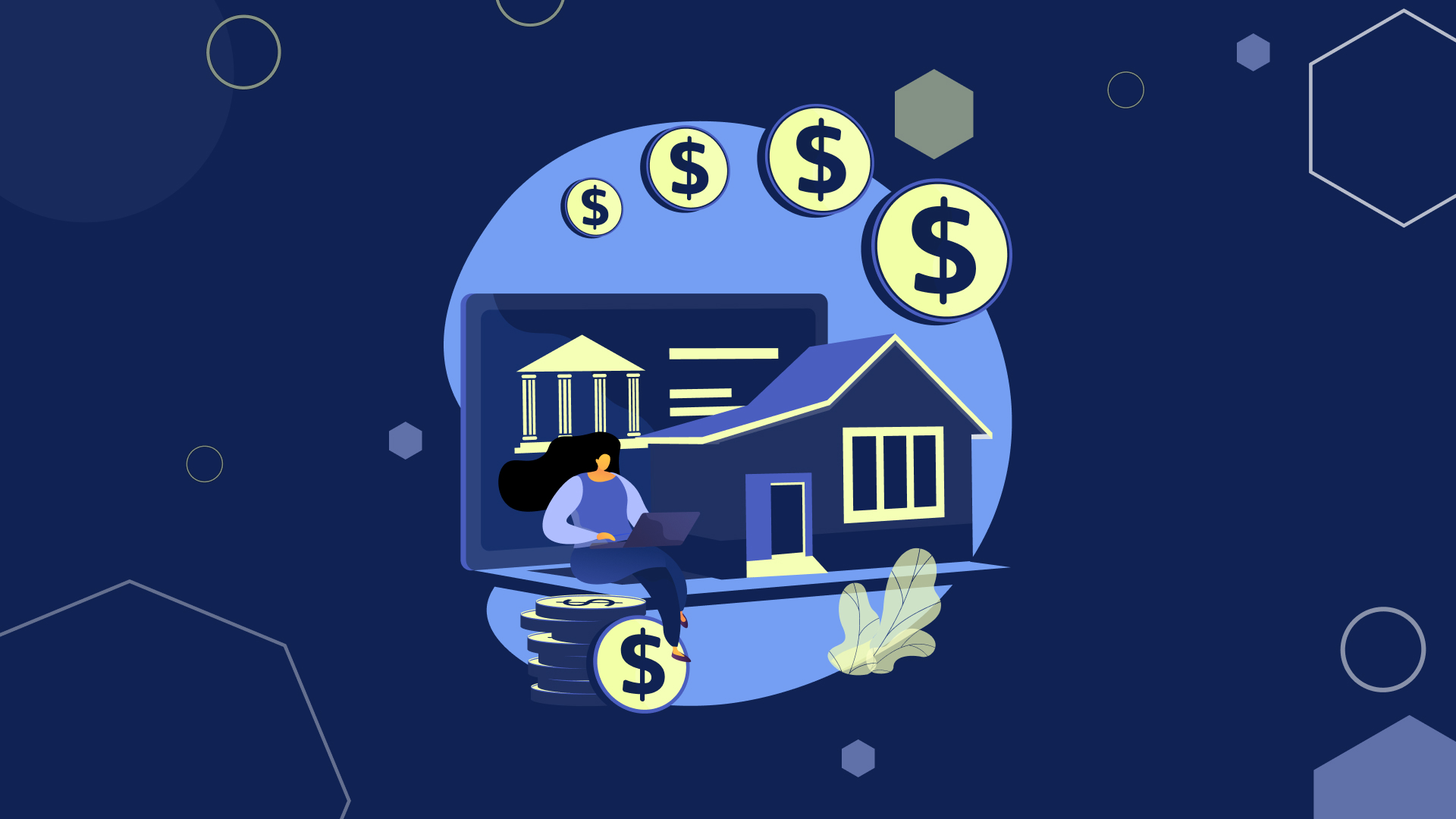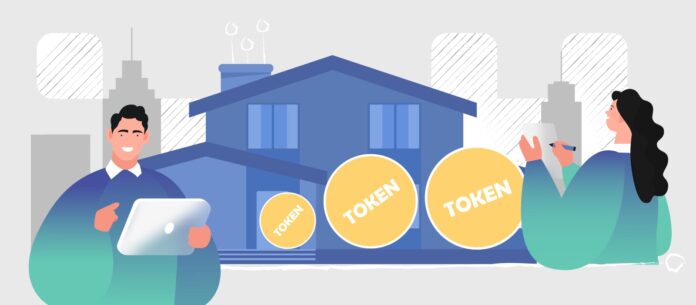
The real estate market is a rather complex one. For many years, people looked for a way to streamline most of the processes associated with the market.
Is tokenization the one that will make things more simple?
Let’s find out.
The Emergence

The concept of real estate tokenization is not entirely new, but its development has gained considerable momentum with the advent of blockchain technology.
Historically, the idea of fragmenting property ownership dates back to times when collective groups would pool resources to own property jointly. Tokenization transforms this traditional approach by leveraging digital technology to divide property into tradable shares or tokens.
Blockchain technology plays a pivotal role in this evolution. By providing a decentralized and immutable ledger, blockchain allows property details, ownership records, and transactions to be recorded transparently and securely.
This technology not only streamlines the process but also significantly reduces the potential for fraud, making real estate investments more accessible and appealing to a broader audience.
The initial applications of real estate tokenization focused on high-value commercial properties, where the high entry cost often limited investment opportunities for institutional investors or wealthy individuals.
Through tokenization, these assets are divided into smaller, more affordable segments, opening the market to individual investors and significantly expanding the potential investor base. This democratization of real estate investing has the potential to reshape market dynamics by increasing participation and liquidity.
Key Components
Understanding the fundamental components of real estate tokenization requires a grasp of blockchain technology.
Blockchain acts as the backbone of tokenization by ensuring the integrity and transparency of transactions. In real estate, this means every transaction related to a property can be verified and traced, reducing the risk of fraud and error.
There are primarily two types of tokens involved in real estate tokenization: utility tokens and security tokens. Utility tokens provide holders with access to a specific service or utility, like rights to use certain property amenities or services.
On the other hand, security tokens represent actual ownership stakes in physical assets and often provide dividends, mirroring traditional property ownership benefits.
The tokenization process itself involves several key steps: selecting a suitable property, assessing its value, and then issuing tokens that represent shares of the property.
These tokens can then be sold to investors, who become partial owners of the property. This process not only makes investment more accessible but also greatly simplifies the transfer of ownership stakes compared to traditional real estate transactions.
What are the Benefits?

Tokenization offers numerous benefits to the real estate sector. Let check them out:
Democratization of Investments
Tokenization significantly lowers the barriers to real estate investment, traditionally an arena dominated by wealthy individuals and institutional investors. By breaking down properties into smaller, more affordable shares or tokens, it allows a wider range of people to invest.
This increased accessibility is pivotal in democratizing investments, allowing those with smaller capital to participate in the real estate market. As a result, the investor base becomes more diverse, which could lead to increased overall investment and a broader distribution of wealth and property ownership.
Enhanced Liquidity
Real estate is traditionally seen as an illiquid asset, with sales often taking months or even years to conclude. Tokenization revolutionizes this aspect by transforming real estate into a more traded asset.
It enables the buying and selling of tokenized shares on digital platforms, which can be as quick and easy as trading stocks. This enhanced liquidity means that investors can more readily enter and exit positions, making real estate investment more appealing and flexible.
Reduction in Transaction Costs

Tokenization can significantly reduce the transaction costs associated with real estate. Traditional transactions typically involve multiple intermediaries such as brokers, lawyers, and bankers, each of whom adds layers of fees and commissions. By using blockchain technology, tokenization streamlines these processes.
The inherent properties of blockchain provide transparent, secure, and efficient transactions, cutting out many of the middlemen and associated costs. This not only makes transactions quicker but also more cost-effective, potentially saving investors a substantial amount of money.
Challenges and Limitations
Despite its benefits, real estate tokenization faces several challenges.
Regulatory Challenges
Despite the many advantages of real estate tokenization, regulatory issues loom large, posing significant challenges. The legal framework surrounding tokenized assets is still under development, with many jurisdictions yet to clearly define or standardize the treatment of digital assets.
Governments and regulatory bodies are treading cautiously, striving to integrate these new forms of assets within existing legal systems without undermining investor protection. This careful scrutiny is necessary to prevent fraud and ensure transparency, but it also results in a slow adoption process that can frustrate innovators and investors alike.
The evolving nature of these regulations means that stakeholders must stay constantly informed and compliant, adding a layer of complexity and potential uncertainty to investments.
Technical and Operational Challenges

The integration of blockchain technology into the traditional real estate sector brings its set of technical and operational challenges, particularly regarding scalability and system integration.
While blockchain offers a robust platform for handling secure transactions, ensuring that these systems can manage large volumes of transactions without sacrificing speed or security is a significant technical hurdle.
Many current blockchain solutions struggle with scalability, which can lead to increased transaction costs and slower processing times during peak usage.
Integrating blockchain systems with traditional real estate processes and systems requires substantial technological alignment and investment, which can be a barrier for many existing real estate businesses.
Market Acceptance and Investor Confidence
Market acceptance and investor confidence are crucial for the success of real estate tokenization. However, these factors currently pose challenges as many potential investors remain skeptical or uninformed about blockchain technology and tokenization.
The perceived risks associated with digital transactions, coupled with a general lack of understanding of how blockchain works, deter some investors from entering the tokenized real estate market
What Does the Future Hold?
Looking forward, the future of real estate tokenization appears promising but comes with its set of challenges. Market growth is likely as more investors and stakeholders recognize the benefits of blockchain and tokenization in real estate.
Technological advancements are expected to continue, potentially addressing current operational and technical challenges and further streamlining the tokenization process.
The potential impacts on the broader real estate sector are significant. As tokenization becomes more widespread, it could lead to more dynamic real estate markets with increased liquidity and investment.





